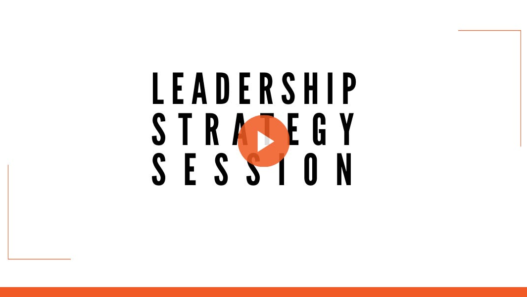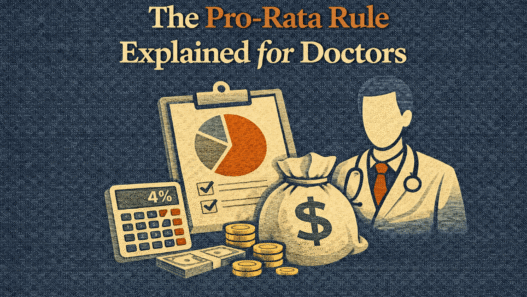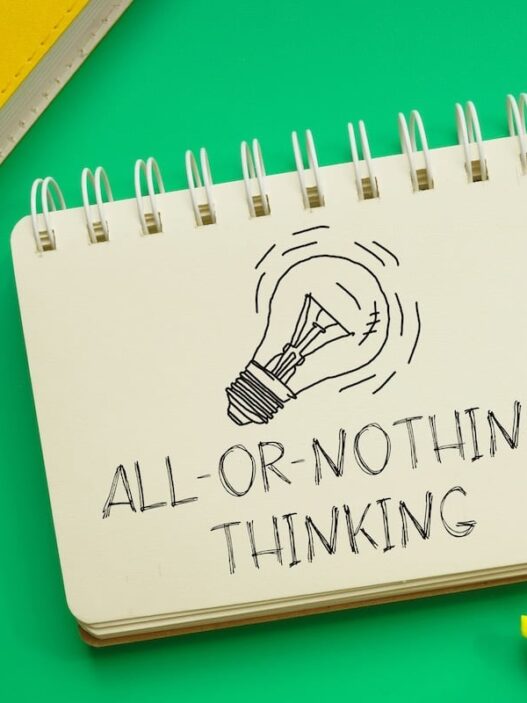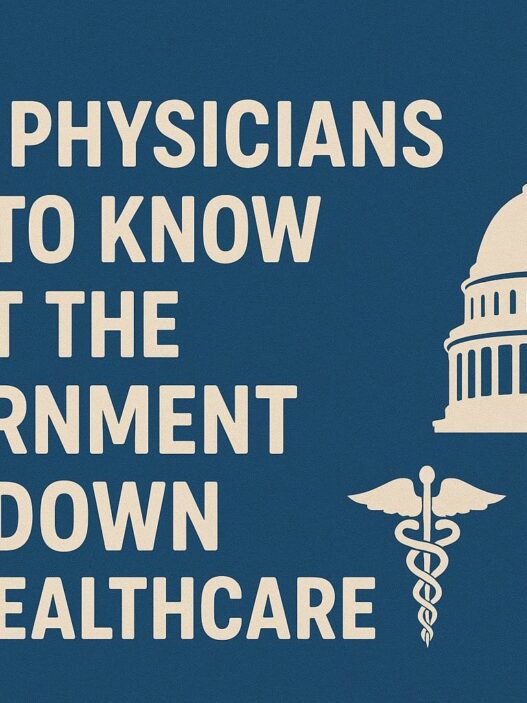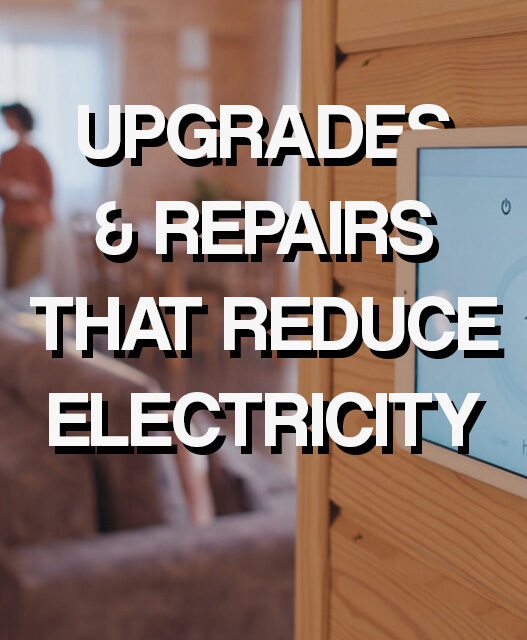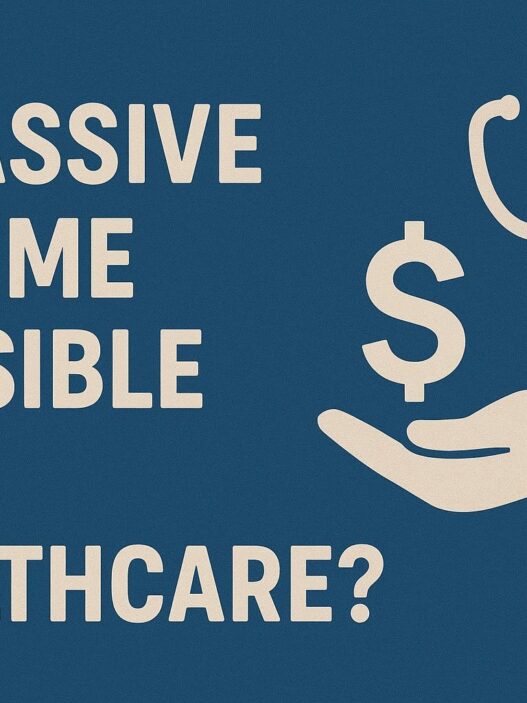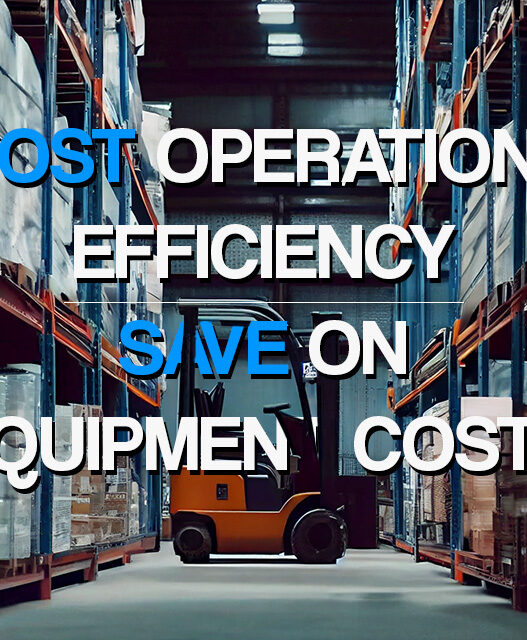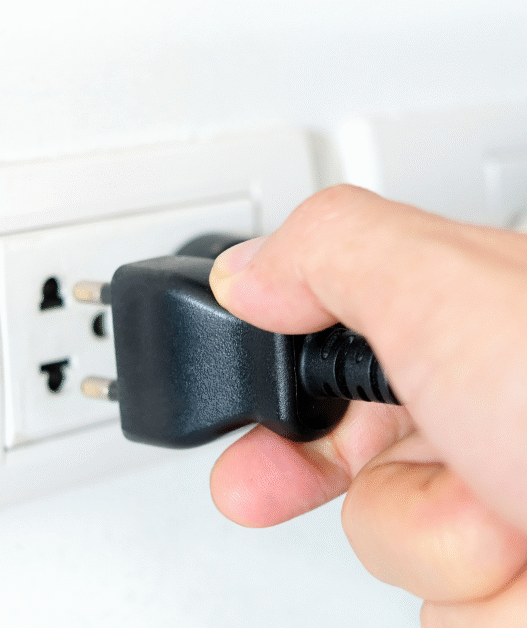It's really difficult to buy and hold because fast gains and swift losses can cause you to question even your strongest held investment views. Things are even more amplified when owning individual stocks. So, when should you sell a stock?
Stock market returns are trending well above long-term averages. Further, the concentration of outsized returns among a small, well-known group of stocks is mind-blowing. So, how does one sell an astronomical winner?
A prolonged shutdown of the U.S. government amid a standoff over funding between Republicans and Democrats in Congress could dent economic growth in the fourth quarter.
The U.S. has become dependent on China, pointing to a flaw in classic free trade formulations. While in theory, free trade and globalization make supply chains more resilient because you can source from anywhere, in practice, free trade has destroyed resiliency.
About six-in-ten U.S. adults now say they favor more nuclear power plants to generate electricity, according to a Pew Research Center survey fielded in April and May. That's up from 43% in 2020, driven by increasing support among both Republicans and Democrats.
Americans pay a median price of $28,000 for a 7-kilowatt solar panel system, whereas Germans pay $10,000, and Australians only $4,000. Blame state and local governments, and even homeowners' associations, for holding back Americans from generating their own carbon-free electricity from the sun with onerous permitting regimes, inspection requirements, and interconnection processes.
There IS a real wealth effect with housing — the bottom 90% own 87% of the houses — pretty close to what you expect. But even those numbers are skewed; the lower half of households, AKA renters, only own 10% of the housing stock. So even the wealth effect of housing is somewhat muted. What really drives consumer spending higher?
Auto tariffs impact sticker prices, since car supply chains were designed to cross the borders between the US, Canada, and Mexico multiple times before final product assembly, and with auto tariffs hitting every time a part changes countries, those duties quickly add up. An entry-level car used to cost about $20,000, and now, auto analysts are calling the $20,000 car “extinct.”
The ability to pause, observe, and then consciously choose to do or not do something, that elevates the whole business from mere “consumption” to what might properly be called a “decision.” And that is the real hallmark of financial independence: not only having the money, but knowing what to do with it.
When it comes to improving their financial future, there are three paths that Millennials can choose from: reform, exit, and development.
It's not selfish to follow a dream. You're not a narcissist for looking after yourself. You don't need a reason to change your life; you don't need to justify your personal decisions. Doing something for yourself is a perfectly moral thing to do.
A recently enacted federal spending bill imposes a $200,000 lifetime cap on borrowing for professional degrees and ends the Grad PLUS program for new borrowers. That caps much of what future med students can borrow under federal safety nets.



